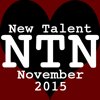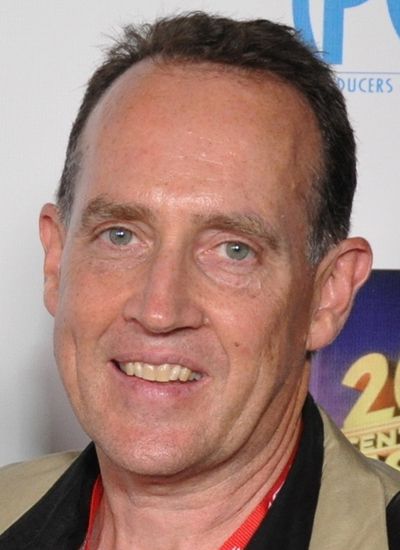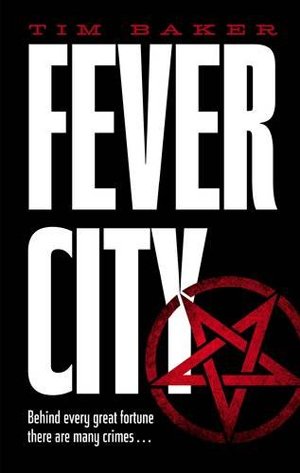

Tim Baker’s debut novel, Fever City, is due to be published by Faber & Faber in January 2016 but it’s already generating quite a buzz. Though it deals with the Kennedy assassination – widely treated in crime fiction by the likes of James Ellroy, Don DeLillo and others – Faber is hailing the author as a major new voice in crime fiction. Perhaps the book will start the New Year with a bang… along with the glamour, heat and counterposing darkness of 1960s America.
In Fever City we’ll meet LA detective Nick Alston, hired to find the disappeared son of America’s richest and most hated man. Meanwhile, mob hitman Hastings is on the same trail, and both of them are drawn into a political web that stretches all the way to Dallas. Decades later Alston’s son stumbles across information that may link his father to JFK’s assassination…
Please can you tell us a little about yourself, Tim?
I spent my childhood in Sydney, Australia, alternating between the back stage of theatres and hospital emergency rooms. Being a sick child has one advantage: you get to read and think about what you’ve read because there’s nothing else to do – at least not in the days before Netflix, Facebook and the internet! My love of books was such that I started writing stories myself, often drawing pictures to accompany them.
After travelling for many years in the Mediterranean region, surviving on journalism and the occasional film project or non-fiction book assignment, I decided to accept a ‘real job’ when my son was born: running the Consular Section of the Australian embassy in Paris, with oversight for France and North Africa. It gave me enormous insight into the processes of international police and judicial investigations, as well as aspects of the intelligence world. We now live in a small town on the French Riviera, which I find ideal for writing.

What do you hope crime fiction lovers will love about Fever City?
At the heart of Fever City are three great mysteries. The first is connected to the sensational kidnapping of the son of a hated and feared American billionaire. This was loosely inspired by several real-life events, including the Lindbergh kidnapping.
The second is an investigation into one of the greatest criminal enigmas of all time: who was really behind the assassination of JFK in Dallas? Although many theories have been put forward, I believe my solution is probably the closest we’ll ever get to uncovering the truth, and understanding the extraordinary ramifications of the murder.
And the third is a domestic mystery many of us can relate to, regarding a son’s attempt to understand his father’s behaviour during a moment of acute crisis. It raises questions about the fluidity and fragility of family relationships.
As the scope of the story is vast, the challenge was to connect the three mysteries in a way that was coherent, stimulating and entertaining. That’s why pace is such an important element of the book. Lovers of classic noir will find much to enjoy, I think, in these pages, and there is also an important contemporary resonance that sets it apart from other historical thrillers.
You’ve met an incredible range of people over the years, from entertainers to authors. Who was your most memorable and why?
Bill Murray is without a doubt the funniest person I’ve ever met and he made a huge impression on me. I had never encountered humour like that before – so deft, so understated, so dry, so clever and just so fast. It was spontaneous, and it was constant. And it was like that all the time. Like Sammy Davis Jr, he was always ‘on’. I had of course heard of his name, and was aware he was an actor, but when I first met him, I had never seen any of his films. I didn’t even know what he looked like. At that period of my life, I just wasn’t seeing many American films and never watched TV. It made it so much more fun to run into this brilliant, crazy guy as I had no expectations or preconceptions about who he was or what he did. He was in Paris for the inauguration of the Flame of Liberty monument, and was also doing research, visiting cemeteries, and reading a whole stack of crime books by a writer called William Murray – any relation? No idea. Afterwards, I saw Groundhog Day and it was a revelation. I suddenly got who he was, appreciated the force and originality of his persona, and was so grateful to have been able to experience it first in real life.
What was the inspiration behind Fever City?
While researching different projects on the mafia and CIA, I kept stumbling across oblique links with the assassination of JFK. Intrigued, I began to collate and cross-reference these connections and was astonished to find a pattern that went far beyond mere coincidence and that seemed to suggest a conspiracy. Up until that moment, I had always accepted the official version of the lone gunman.
I also began to focus on the social, economic and political consequences of the assassination. For so many people, Dallas marked the end of a golden moment of possibility; a missed opportunity for change and renewal. It got me thinking about the notion that everyone carries a private Dallas inside them, a tragic ‘what if’ moment replete with regret at what could have been.
I realised then that I wanted to write about the Kennedy assassination from the point of view of three complex and flawed individuals, and to explore the devastation – and potential salvation – that so often accompanies massive, transformative events.
What’s next from the pen of Tim Baker?
I’ve just finished a thriller inspired by recent events in Mexico. In scope and tone there are similarities with works such as 2666, The Power of the Dog and Sicario. As with the JFK assassination in Fever City, I am trying to propose a viable solution to a real-life crime by exposing a conspiracy that is hiding in plain sight and that has universal ramifications for all of us.
Fiver City is released 21 January, but you can pre-order a copy below.










Sounds like a good read.You must add Stephen King’s incredible and masterfully written saga 11/22/63 , to the genre in this review.
one of the best crime writers around. i love his work. currently reading the new one, ‘city of stars’ which he alludes to at the end of this interview and it’s brilliant. keep writing tim.